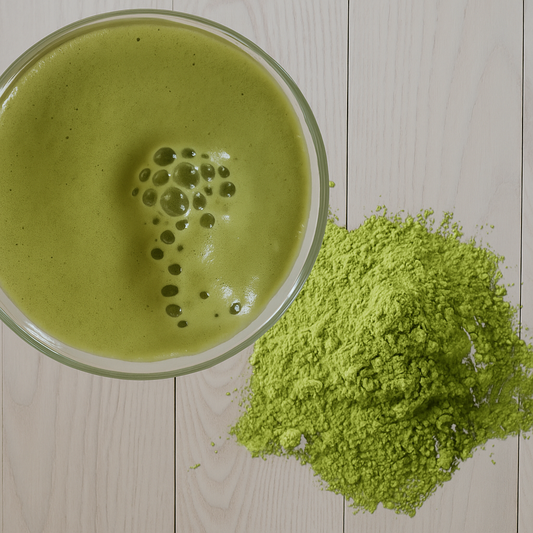
"Organic Tea" versus "Non-Organic Tea"
Organic tea! What is it?
Tea plants grow in warm, humid climates in different regions of the planet. To be certified "Organic Agriculture," tea must meet a set of specifications established by Europe, imposing strict rules to protect consumers .
1. A real challenge
Since organic fields can become contaminated by surrounding crops, European regulations require that at least 95% of a product's dry matter be organic and free from harmful substances. Therefore, organic tea cultivation must exclude pesticides, herbicides, chemical fertilizers, and, of course, prohibit GMOs.
2. From production to distribution
Certification bodies regularly conduct checks on certified products, including teas. From tea cultivation to production, including transport, import, packaging, and storage, compliance with European standards is regularly monitored. For our internal accreditation, we have chosen Ecocert , an independent organization.
More than a label, it’s a real way of life: Sustainable, Healthy and Good!
Consuming organic products is not just about "eating and drinking organic food", it is a real way of life, it is about being aware of the importance of our health and that of our loved ones. It is also about understanding environmental issues , protecting soils, water tables and biodiversity.

This lifestyle not only protects us from the harmful effects of chemical fertilizers and pesticides, but it also protects the soil and can reduce the effects of erosion . The use of organic matter helps prevent soil depletion and preserves biodiversity.

While we know that returning to the agriculture of our ancestors is not really feasible, many farmers have drawn inspiration from both their heritage and innovative techniques to provide us with better quality products. Consuming organic products also means valuing their precious work.

Choosing teas labeled Organic Agriculture is obviously essential in this context. Pesticides and other harmful products in our cups destroy the benefits and taste of tea. For too long, chemicals have dominated agriculture, with all the consequences we know. The path to sustainable change is long and costly, but for the well-being of all, it is a clear necessity.



